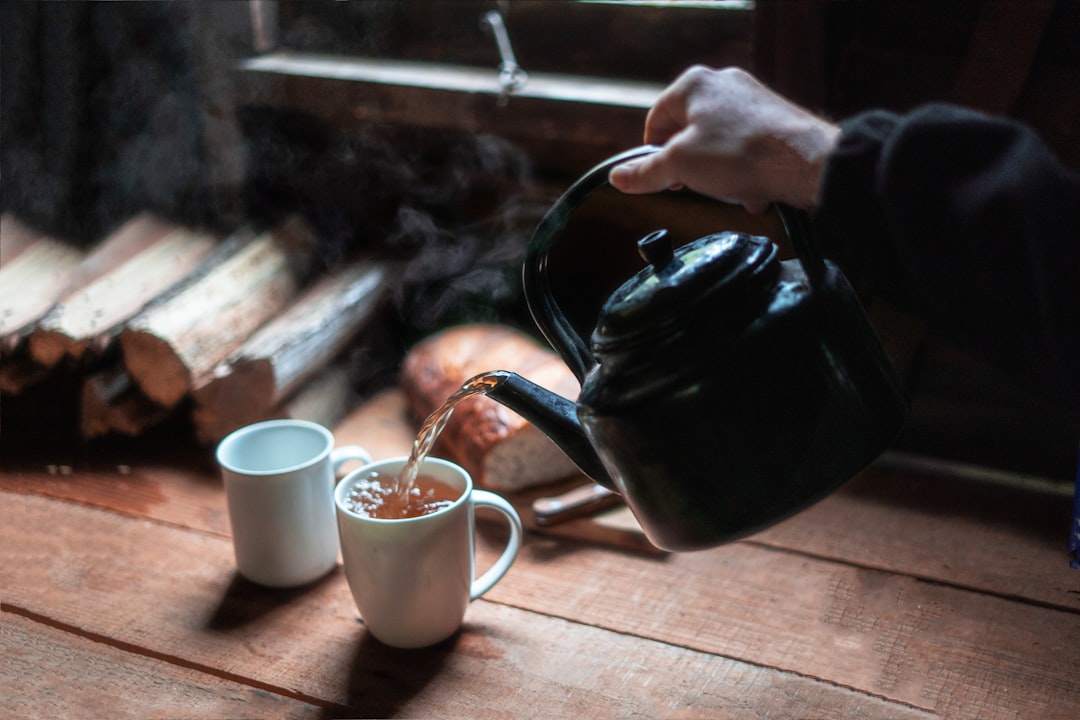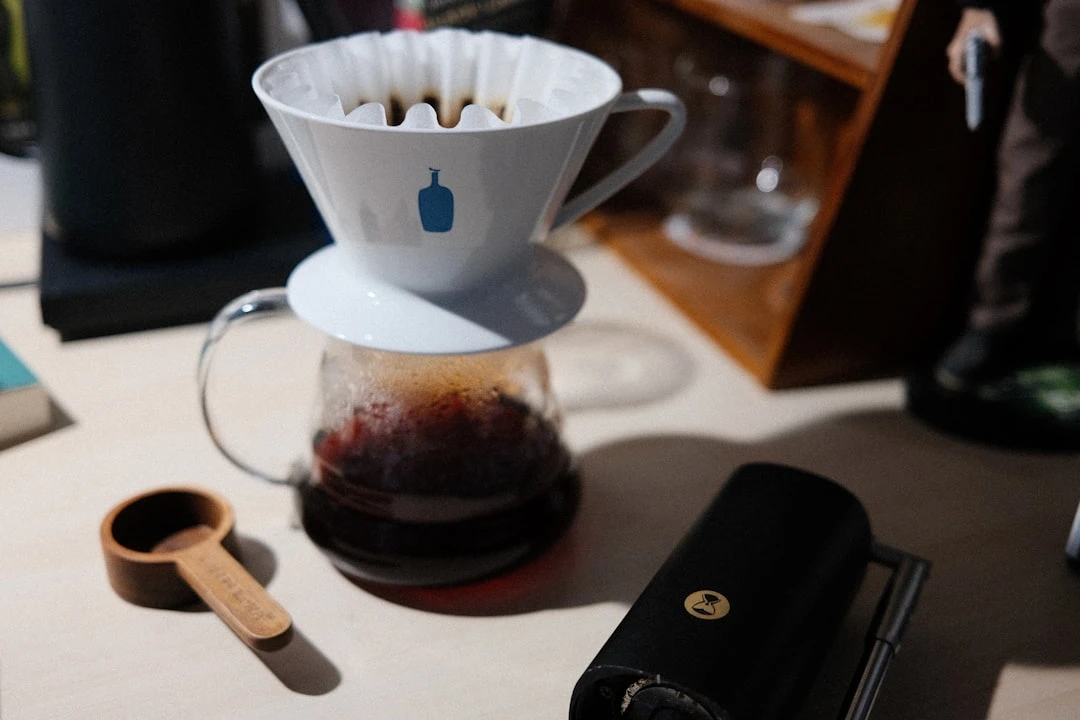How Coffee Affects Sleep: Science & Tips for Better Rest
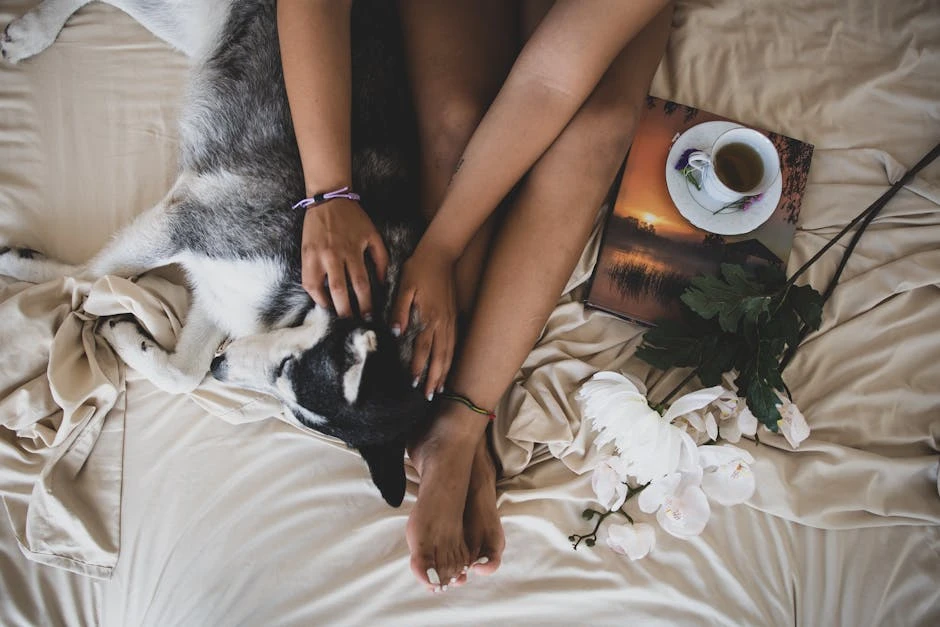
Coffee and Sleep: The Real Deal
We love coffee—its deep, earthy kick, the way it snaps us awake when we're still half-asleep. But here's the catch: that boost comes from caffeine, and as much as it rescues groggy mornings, it can quietly steal your sleep if you're not paying attention.
Caffeine plays a sly game with your brain. It shoves aside adenosine, the quiet whisper telling you it's time to rest, leaving you sharp-eyed and wired. Great for a 3 p.m. slump, not so great when your head finally hits the pillow. And here's what most don't realize—it lingers. Five hours later, half of it's still there, nudging your sleep lighter, choppier, just out of reach.
But here's the twist: we're all different. Some people sip an espresso after dinner and drift off without a care. Others? That single morning cup haunts them long past midnight. Your genes, how quick your body breaks it down, even how much you usually drink—they all shape the story. And timing? Everything. A latte at 4 p.m. might quietly steal hours from you before dawn.
So what helps? Listen to your body. Wind down the caffeine as afternoon fades, let your system clear the decks, and you can keep your ritual without losing sleep over it. Best of both worlds.
How Caffeine Tricks Your Brain Into Staying Awake
Ever wondered why that first sip of coffee feels like lifting a fog? Here’s the thing—caffeine’s a master of disguise. It sneaks into the spots where adenosine, the chemical that murmurs, "Maybe slow down a little," normally settles. With caffeine camped out there, your brain never catches the hint that it’s running on fumes.
The rush comes fast, slipping into your blood within minutes and peaking before the hour’s up. But here’s the kicker—it doesn’t know when to leave. Half of it’s still loitering five hours later. So that latte you grabbed mid-afternoon? By bedtime, you’ve still got a chunk of it doing cartwheels in your veins.
And caffeine’s not just fooling adenosine. It’s also poking your adrenal glands, nudging them to unleash adrenaline. Your pulse quickens, your thoughts snap into focus, and dopamine gets a gentle nudge—suddenly, that inbox feels conquerable. But drink it too late? Enjoy your front-row seat to the 2 AM mental rabbit hole.
Eventually, your liver steps in to tidy up, dismantling caffeine so your kidneys can wash it away. Some people breeze through this; others crawl. Genes, age, and whether you treat espresso like water all shape the ride. And if you’re a daily drinker? Your body catches on, softening the buzz over weeks or months.
The bottom line? Play it smart. If caffeine clings to you like a stage-five clinger, calling it quits by early afternoon might just spare your sleep.
The Science Behind Coffee's Impact on Sleep
That morning cup of joe? It's a crafty little bandit. Caffeine—coffee's main attraction—swipes your brain's sleepy signals when you're not looking. Here’s the thing: adenosine, a chemical that builds up all day, quietly nudges you toward rest. But caffeine barges in, hogging adenosine’s usual spots and leaving your brain wide awake and baffled.
Here’s the kicker: your body needs a good five hours just to clear half the caffeine you drank—sometimes even longer. So yeah, that afternoon cold brew? It’s definitely sneaking into your bedtime, stealing deep, dream-filled sleep like a thief in the night.
And let’s not ignore the adrenaline and cortisol circus caffeine kicks off. Heart pounding, thoughts racing—some people shrug it off (thanks, genetics), but others? They’re staring at the ceiling till dawn.
If you actually want to sleep? Wrap up caffeine by early afternoon—six to eight hours before bed. Suddenly, that "harmless" latte keeping you up past midnight makes sense. Time it right, though, and you can still enjoy your brew without the midnight regrets.
Optimal Timing: When to Drink Coffee for Better Sleep
That afternoon boost might be why you're wide awake at midnight, counting shadows on the ceiling. Caffeine overstays its welcome—lingering like a chatty neighbor who won’t leave. It takes your body a solid 5 or 6 hours just to break down half of it, and if you drink too late, it bulldozes right through melatonin, stealing your deepest sleep.
The trick? Cut off the caffeine 6 to 8 hours before bed. If you hit the pillow at 10, let your last sip disappear by 4 PM. But here’s the catch—we’re all built different. Some people burn through caffeine by lunch; others feel its ghost tapping their shoulder at bedtime.
Mornings? Usually the golden window. Your cortisol—that natural wake-up call—peaks right after sunrise. Wait until 9:30 to 11:30 AM, when the mid-morning slump rolls in. That’s coffee’s sweet spot. Chugging it at dawn? Your body’s already on it—no need to shout.
If caffeine and sleep are stuck in a tug-of-war, try decaf or herbal tea after noon. And pay attention to the nights—restless, wired, or racing thoughts? Your cutoff might need to creep earlier.
Get the timing right, and you’ll keep the energy without the 3 AM regret spiral.
Individual Differences in Caffeine Sensitivity
Caffeine’s a strange little beast—some people can down a midnight espresso and drift off effortlessly, while others lie wide-eyed for hours after a single sip at breakfast. It comes down to the quirks of your body, the genes you inherited, and the rhythm of your days.
Take the CYP1A2 gene
Think of it as the gatekeeper, deciding how quickly caffeine gets the boot. Fast metabolizers barely notice it; slow ones end up wired long after the last drop (cue the 3 a.m. stare-down with the ceiling).
Age plays its part too—older adults often process caffeine at a crawl, so that midday coffee might still be knocking at midnight. As for regular drinkers? You’re fortifying your tolerance, brick by brick. These days, it might take two shots to feel what a newbie gets from just the aroma.
A few wildcards to consider:
- Body size: Smaller frames? Caffeine packs a stronger punch.
- Pregnancy: Hormones slow the breakdown—it overstays like a chatty neighbor.
- Medications and health: Antidepressants, birth control, or a sluggish liver can delay the exit.
What’s the play? Experiment. If caffeine hijacks your sleep, maybe cut it off by noon or flirt with half-caf. Or dig deeper with a DNA test to decode your personal caffeine blueprint.
Bottom line? Caffeine’s not one-size-fits-all. Tune it right, and you’ll stay sharp—without sacrificing sleep.
Healthier Coffee Habits for Improved Sleep
Ah, coffee—that warm, bitter hug that pulls us out of morning fog. But here’s the catch: love it too much, too late, and suddenly you’re counting cracks in the ceiling at midnight. A few small changes can keep your coffee ritual from stealing your sleep.
1. Call It Quits by Early Afternoon
Caffeine doesn’t just vanish. That 3 p.m. cup? It’s still whispering to your brain at 10. Try switching to herbal tea or decaf after lunch. Your tired eyes will remember this kindness.
2. Listen to Your Limits
Most people tap out around four cups. Push past that, and you’re not just awake—you’re vibrating. Energy now, exhaustion later. Not a fair trade.
3. Water Is the Silent Hero
Coffee gives, but it also takes—especially your hydration. A parched body tosses and turns. So yeah, chase that espresso with a glass of water. Your pillow will notice.
4. Light Roasts Might Be Kinder
Dark roasts whisper sweet nothings with less caffeine, but sometimes upset your stomach. If sleep’s elusive, a bright, light roast could be the gentler nudge you need.
5. Skip the Sweet Nightcap
Dessert in a mug after dinner? That sugar high will crash—right when you’re trying to drift off. If you crave an evening sip, keep it black and simple.
Small tweaks to your coffee habit mean steady energy by day, deep sleep by night. Play with timing. Notice what works. And maybe—just maybe—pass on that after-dinner doppio. Trust me on this one.
Coffee vs. Sleep: How to Have Both (Without the Regret)
Let’s face it—coffee isn’t just a beverage. It’s a lifeline, a tiny rebellion against the morning fog, the warm-up act before your brain kicks into gear. But here’s the catch: that jolt of energy can quietly sabotage your sleep if you’re not careful. Good news, though—you can enjoy both. It’s all about timing.
Caffeine’s a sly one. It mutes your body’s sleepy whispers and sticks around longer than you’d think—long after the cup’s drained. To avoid lying awake at midnight, try cutting off coffee 6-8 hours before bed. (And if even chocolate gives you the jitters, maybe push that to 10.) As for quantity? 3-4 cups a day usually keeps the buzz sweet and the pillow welcoming.
Thing is, caffeine plays favorites. Your coworker might down a double shot at dinner and sleep like a rock, while you blink at the ceiling after a single green tea. Blame genetics, stress, or that late-night phone habit—either way, listen to your body. If sleep’s been shaky, maybe your coffee routine needs a nudge.
Here’s a hack: post-lunch, switch to decaf or mix half-caf. (Baby steps count—nobody’s judging.) Then layer on the sleep basics: blackout curtains, a cozy cocoon of blankets, a bedtime that doesn’t shift with your whims. Tiny changes, big difference.
Truth is, coffee and sleep can get along. Sip smart, respect the cutoff, and hey—sometimes let herbal tea take a turn. Your well-rested future self will thank you. It’s not magic, just balance.
Related Articles
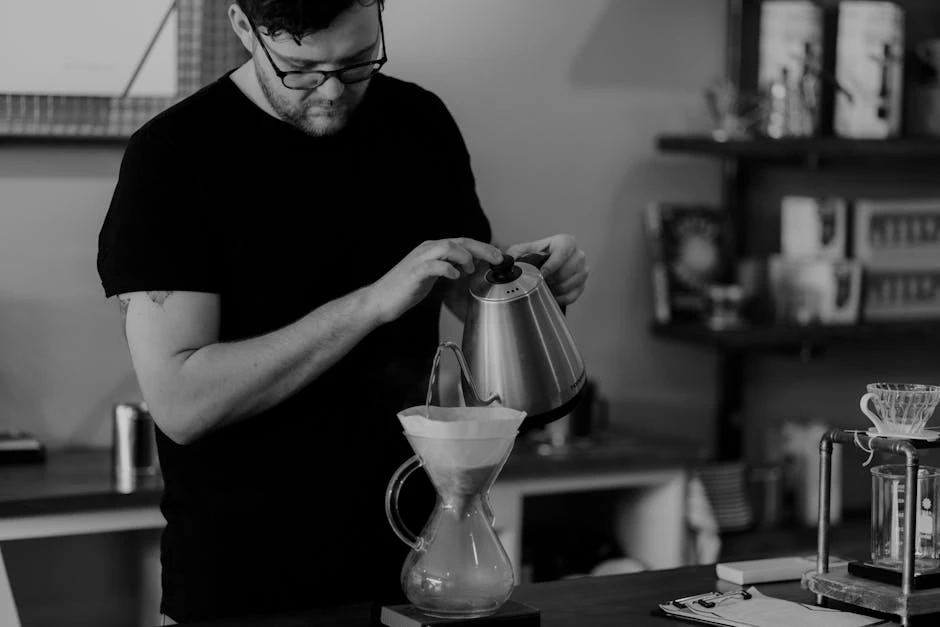
Coffee-to-Water Ratios & Grind Sizes by Brew Method
Read More →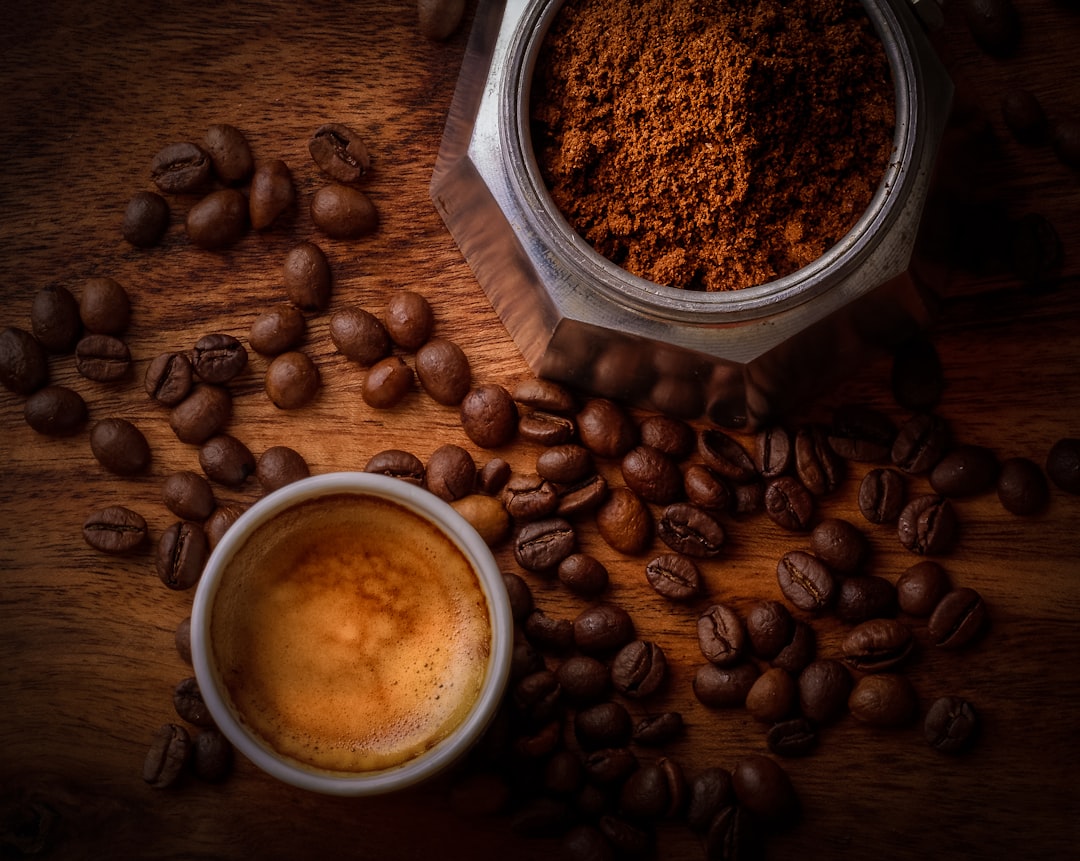
How to Make Coffee Less Bitter: 6 Easy Tips for a Smoother Cup
Read More →